The signs, causes, diagnosis, and treatment of gastroesophageal reflux disease
Gastroesophageal reflux disease (GERD) occurs when the contents of one’s stomach persistently move back up into one’s esophagus. These contents do sometimes contain excessive acid and may also cause irritation and pain.
Several people can experience acid reflux, indigestion, or even heartburn from time to time. However, if the person experiences acid reflux symptoms more than twice per week, the person may have gastroesophageal reflux disease (GERD).
If left untreated, it can cause serious complications.
Symptoms of GERD

gastroesophageal reflux
a burning feeling in the stomach that may rise to one’s chest, neck, and also throat
- a sour or even bitter taste at the back of one’s mouth
- regurgitation of food or even liquid from one’s stomach into one’s mouth
Other possible symptoms of GERD are:
- a feeling of fullness or of even a lump in the back of one’s throat causing chronic cough
- a hoarse voice
- bad breath
In few cases, people having symptoms related to GERD are typically persistent and could also progressively worsen despite medical treatment.
Alarm symptoms are:
- difficulty in swallowing
- pain when swallowing
- nausea or even vomiting
- weight loss
- anemia
- bleeding
If experiencing any of these symptoms, getting medical attention is essential.
Is it heartburn or heart attack?
Heartburn and heart attacks happen to be two common causes of chest pain. Yet, their causes and sensations are typically different:
- Heartburn can occur when acidic contents of the stomach move back up into one’s esophagus. This can cause a burning sensation that rises from one’s stomach and radiates into one’s chest.
- Heart attack is when one’s heart does not get enough blood and also oxygen due to a reduced flow of blood in one or more major arteries. This can cause sudden, uncomfortable, or even sharp pain in the center or left side of one’s chest that feels like pressure or even squeezing. It could spread to one’s neck, jaw, as well as shoulder too.
If feeling heart attack symptoms, like shortness of breath or faintness, seek medical assistance immediately.
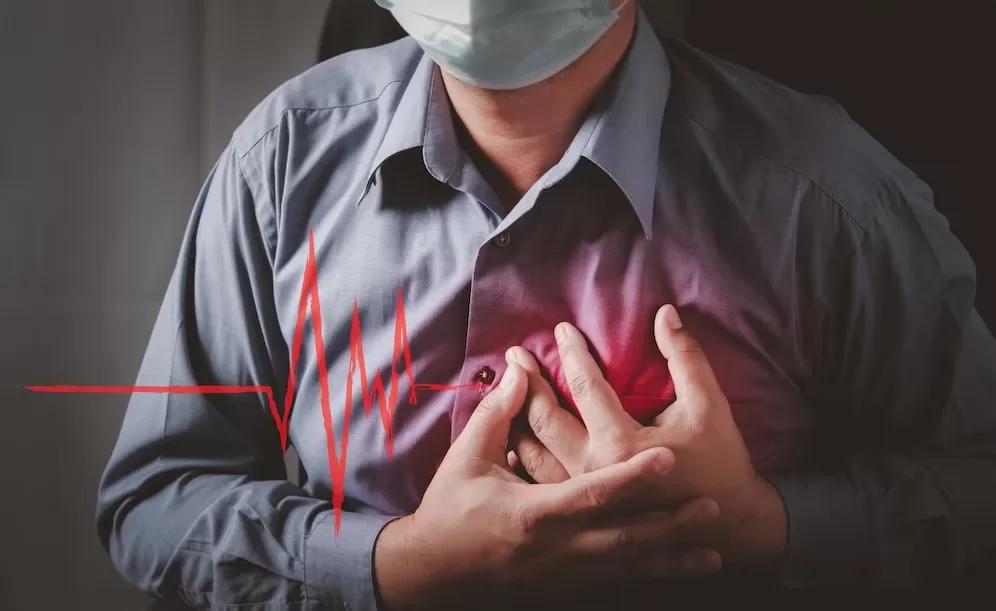
heart attack
Symptoms in infants
- refusal to eat
- gagging or choking
- trouble swallowing
- wet burps or hiccups
- irritability or arching of the back during or after feeding
- weight loss or even poor growth
- recurring cough or pneumonia
- difficulty sleeping
If suspecting that the baby is having GERD or another health condition, speaking to the doctor helps.
Causes of GERD
- Improper functioning of the lower esophageal sphincter (LES).
- Having a hiatal hernia
- Frequently eat large meals
- Lie down too soon after meals
Lifestyle factors
- smoking or being exposed to rather secondhand smoke
- eating large meals before lying down
- using an abundance of non-steroidal anti-inflammatory drugs like aspirin and also ibuprofen
Health factors

Dietary triggers
Health factors like:
- obesity
- connective tissue disorders
- pregnancy
- older age
Other conditions
- anxiety
- asthma
- pregnancy
- irritable bowel syndrome
Alcohol
Studies show that drinking alcohol can increase the risk of GERD.
Dietary triggers
- high-fat foods like fried and fast foods
- spicy foods
- certain fruits and also vegetables, like pineapple, tomato, and also citrus
- certain liquids, like coffee, tea, and carbonated drinks
Diagnosis
A doctor will focus on medical history and perform a physical examination to assess the symptoms.
After arriving at a diagnosis, the doctor decides upon a treatment plan.
Treatment for GERD
Lifestyle strategies

Medication
Home remedies and lifestyle habits:
- breathing exercises
- consuming foods and liquids that help lessen acid reflux
- making efforts to maintain a moderate weight
- quitting smoking
- avoid eating big, heavy meals in the evening
- waiting 2–3 hours after eating to lie down
- elevating one’s head during sleep
Medication
If lifestyle strategies cannot treat GERD, a doctor may prescribe medications to decrease one’s stomach acid secretion.
Consult a doctor before taking medications.
Surgery
A doctor can recommend surgery if other approaches do not help or if develop complications.
Conclusion:
A healthcare professional can perform an accurate GERD diagnosis.

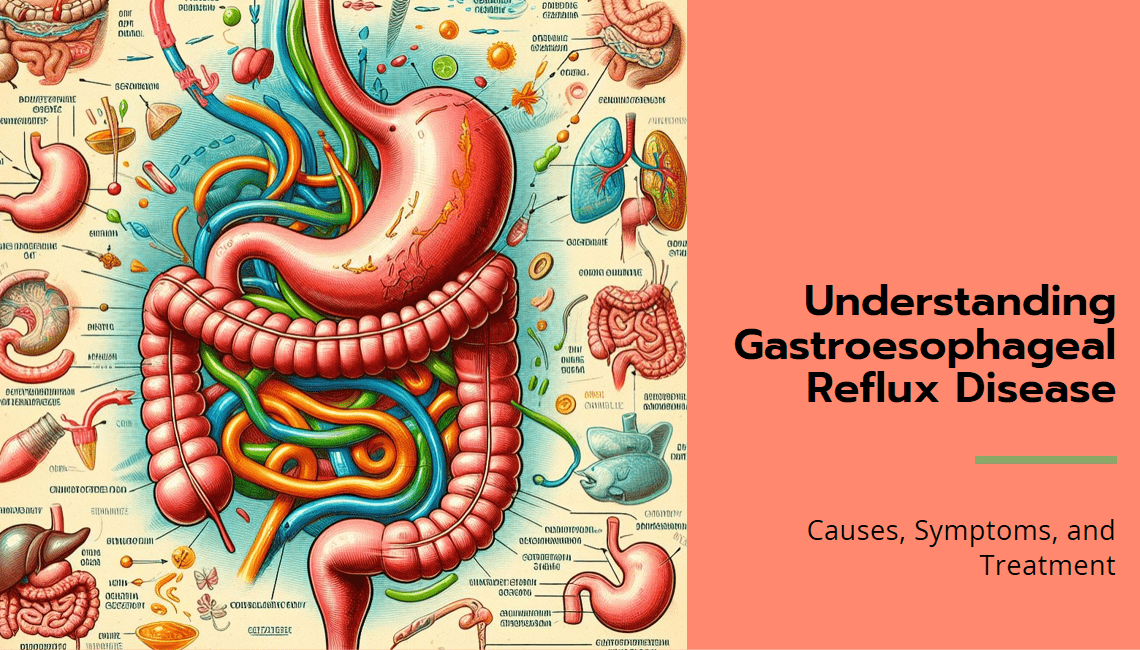

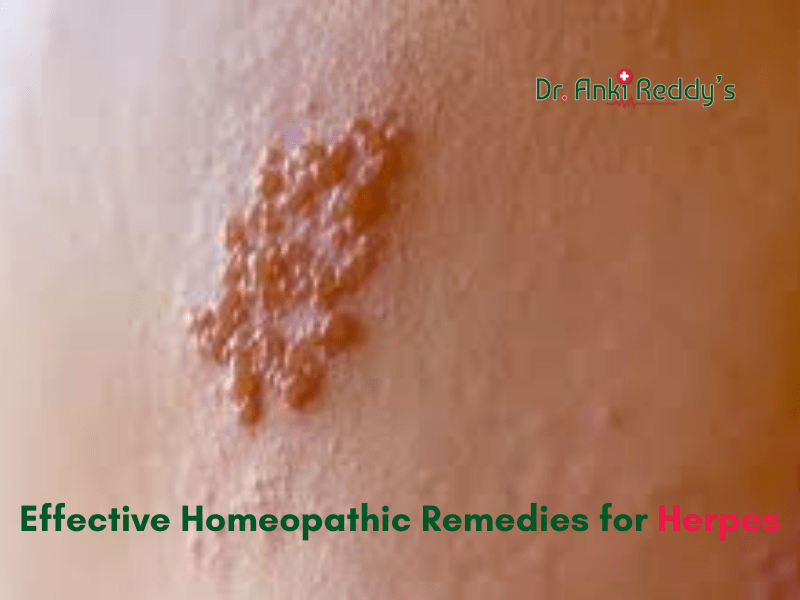
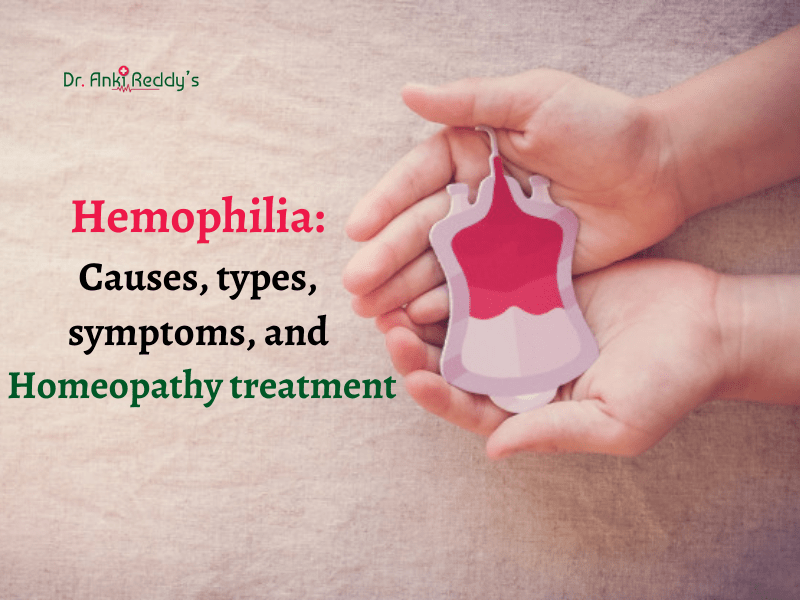
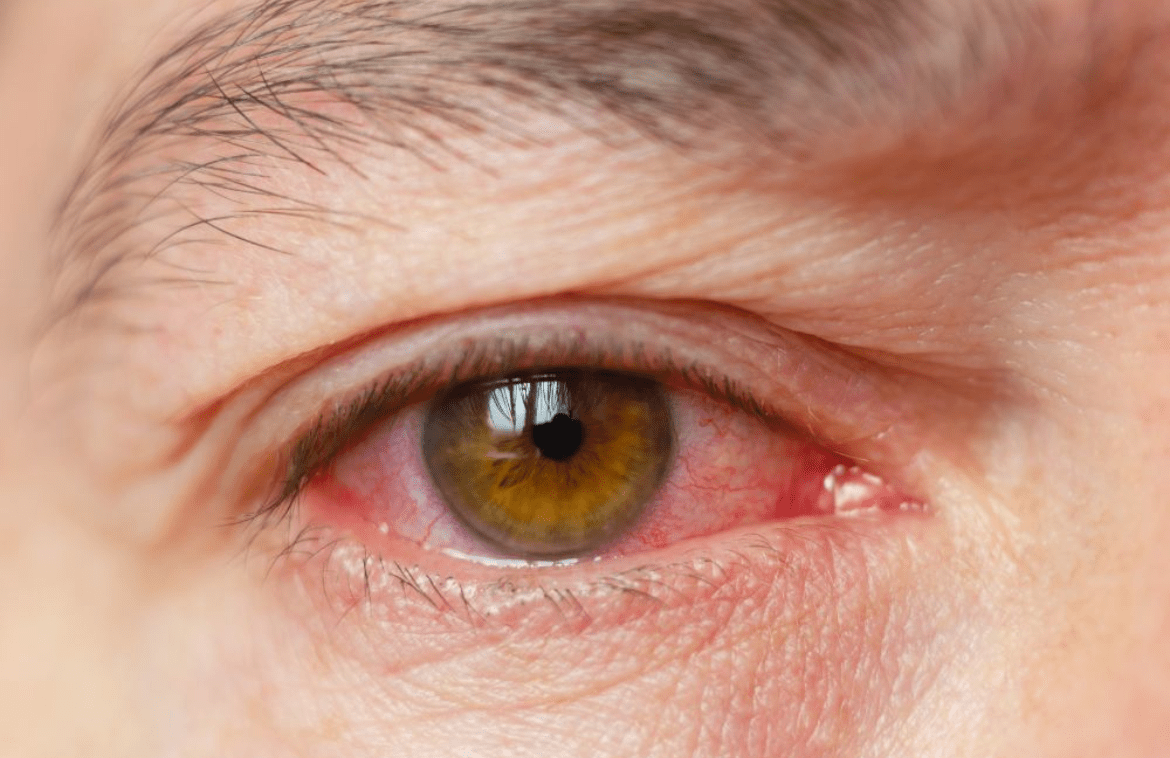

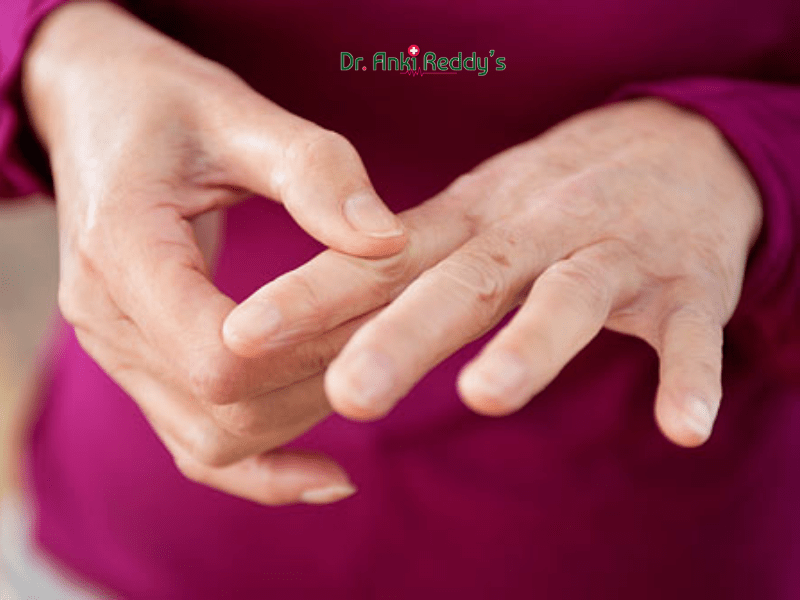
There are no comments